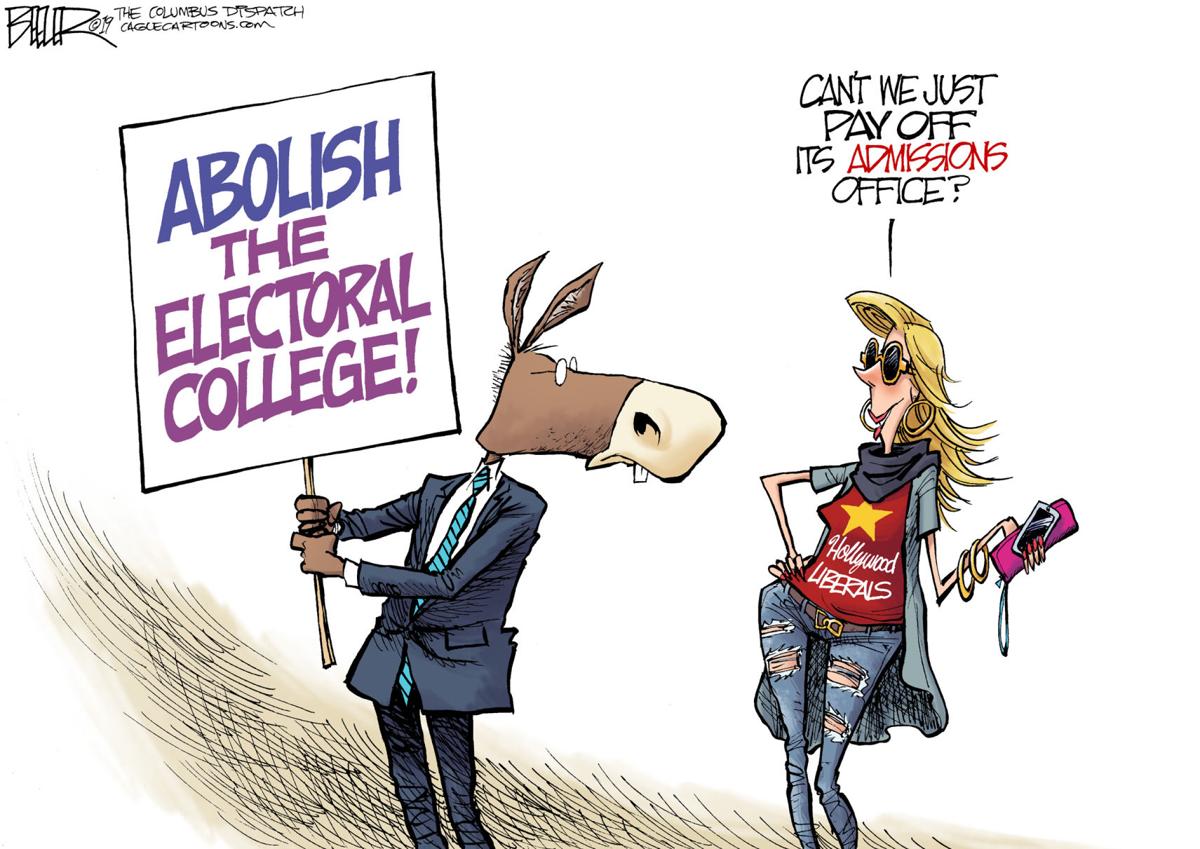- Very complex system that is often found difficult to complete. Here are the key points.
 Electoral College Pros And Cons Is Popular Vote Better Netivist
Electoral College Pros And Cons Is Popular Vote Better Netivist
First one pro is that no matter what year it is the number to win is always 270 so not a lot of people can forget that when watching the elections.

Pros and cons of popular vote. Promotes a strong two party system ensuring stability in the parliamentary process. With two elections out of the last 5 as of 2016 having an Electoral College winner not winning the popular vote the pros and cons of this system are frequently debated. This potential to override the will of the majority is often cited as the main reason to abolish the Electoral College.
Can override the popular vote. Despite losing the popular vote by more than 27 million votes has prompted a new look at the pros and cons of the Electoral College and has given more momentum to the National Popular Vote campaign. List of Pros of the Electoral College.
Mail-in voting has become increasingly popular over the past years. However those second ballots imply significant costs since the votes have to. In this article the pros and cons of voting by mail are discussed in detail.
This minimizes fraud and paper trail. In countries where the popular vote concept is in place there is often the need for second ballots. This proves the system is working.
Presidential with no electoral college. For example President Obama received 513 of the popular vote in 2012 but 617 of the electoral votes. One of the Pros is that the National Popular Vote wins the Electoral College majority which proves the peoples voice and cote is heard and is being represented by the Electoral College.
As time passed numerous movements aimed to go from this method to a popular election but the system still remains. The electoral process can also create a larger mandate to give the president more credibility. 14 In 227 years the winner of the popular vote has lost the electoral vote only five times.
That compulsory voting does not violate international law of human rights ILHR. To have a good idea about this let us take a look at its pros and cons. Popular Vote Pro - Its the most democratic system - a majority of all voters elect the president.
It keeps smaller states relevant in national politics. The majority gets to express their opinion. The Electoral College can also be considered to be more cost-efficient compared to the popular vote concept.
In arguing so we explore the perspectives of different commentators regarding the pros and cons of compulsory voting and interpret how the relevant ILHR documents address the issue of compulsory voting. Another pro is that the Electoral College has been there are a small number of votes that needs to be counted. In five presidential elections so far1824 1876 1888 2000 and 2016a candidate lost the nationwide popular vote but was elected president by winning the Electoral College vote.
Popular Vote Con - Presidential elections would be dominated by large cities and urban areas leaving the rest of the country out. The electoral college may have a few pros and cons. 22 Main Pros and Cons of the Electoral College The debate of having electoral colleges is one that has lasted in the United States of America and several other countries for a long long time.
Here are the Pros of the Electoral College. Typically these electors vote for the candidate for which their states popularly voted. If only the popular vote mattered candidates might concentrate their energies on densely populated metro areas like New York Los Angeles and Chicago.
Electoral Vote Pro - It makes presidential elections truly national. Second pro would be that since the census changes so do the numbers of electors per state Electoral Vote vs Popular Vote. Pros And Cons Of Compulsory Voting 1868 Words 8 Pages.
Under Article II Section 1 of the Constitution the president and vice president are chosen by electors who are nominated by their states. - Very hard also to count and recount votes can take a very long strenuous time to count. This is because when the United States was formed the founding fathers of the United States of America considered the country to be too uneducated and.